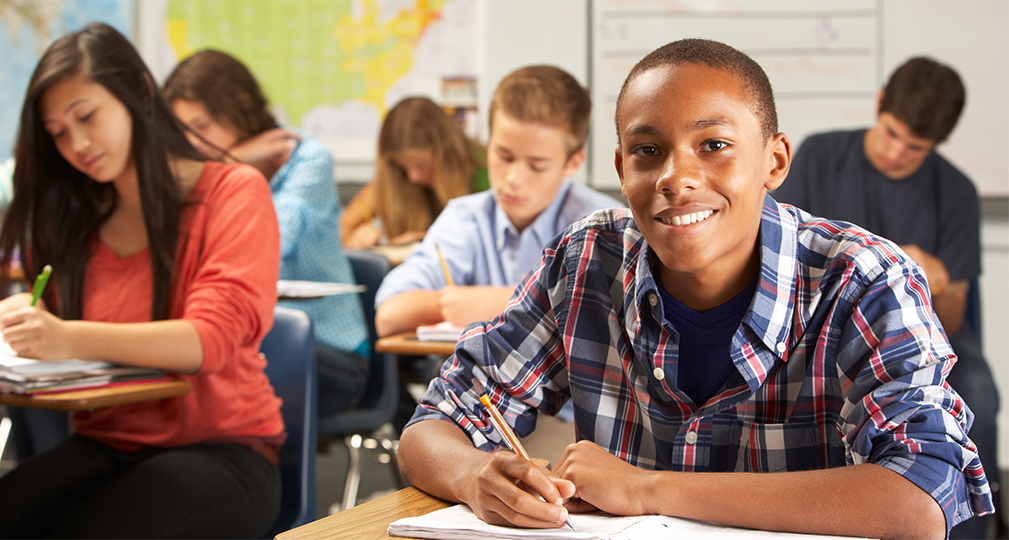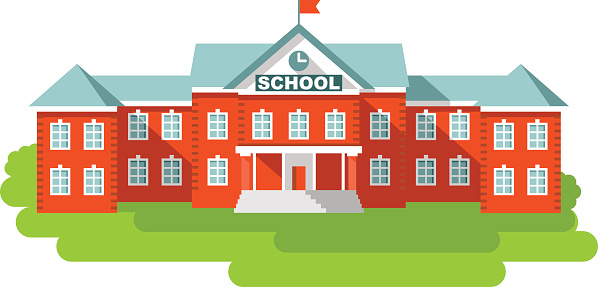Sign Up With Us: Occasions and Campaigns to Save Temecula Schools
Sign Up With Us: Occasions and Campaigns to Save Temecula Schools
Blog Article
Recognizing the Importance of Institutions in Youngster Growth and Neighborhood Development
Institutions' involvement with neighborhood areas through service-learning campaigns enhances the bond between families and academic establishments. This cooperative connection highlights the importance of institutions in nurturing energetic citizenship and lifelong discovering routines.
Academic Accomplishment
Academic achievement offers as a foundation of child growth, giving the foundation whereupon future discovering and success are constructed. Schools play a pivotal duty in promoting this academic growth, offering organized environments where kids can acquire crucial understanding and cognitive skills. Standardized curricula make sure that students gain effectiveness in core subjects such as mathematics, scientific research, and language arts, which are crucial for both higher education and specialist possibilities.
In addition to giving essential academic skills, schools also cultivate important reasoning, problem-solving capacities, and intellectual curiosity. These cognitive proficiencies are vital for browsing intricate real-world circumstances and adjusting to the ever-evolving demands of the modern work environment. Educators, as facilitators of understanding, use diverse instructional techniques to cater to varied understanding styles, consequently maximizing specific student capacity.
In addition, scholastic success is closely linked to self-worth and motivation. Youngsters who experience academic accomplishments are most likely to create a positive self-concept and a long-lasting passion for discovering. Colleges also use different resources, such as collections and modern technology, which further boost the educational experience and prepare trainees for a technically innovative society.
Social Skill Advancement
Beyond scholastic achievement, the function of institutions in social skill advancement is indispensable. Schools function as a key place for youngsters to find out and practice essential social skills such as conflict, teamwork, and interaction resolution. In the organized setting of a class, students interact with peers, teachers, and other institution personnel, providing various opportunities to establish these vital abilities.
Reliable social skill development in colleges is promoted through group activities, joint jobs, and extracurricular programs. These communications aid pupils comprehend social norms, develop empathy, and cultivate a feeling of area. Group projects instruct students exactly how to work together in the direction of a common objective, listen to different point of views, and navigate arguments constructively.

The growing of social abilities during college years lays a foundation for future personal and expert partnerships. Save Temecula Schools. As students develop, the capability to properly communicate and team up comes to be increasingly important, underscoring the institution's vital duty in holistic child growth
Exposure to Diversity
Exposure to diversity in colleges is basic to fostering an inclusive attitude and widening pupils' perspectives. Schools serve as a microcosm of the broader society, and coming across diverse societies, languages, and socioeconomic backgrounds within this environment gears up students with important skills for navigating a progressively globalized globe. This direct exposure encourages empathy, minimizes prejudices, and promotes shared respect among peers.
Diverse class likewise enhance cognitive and social advancement. Research study shows that pupils that engage with peers from varied histories display better problem-solving abilities and creative thinking. They find out to value different viewpoints, which improves classroom discussions and cultivates an extra vibrant learning experience. This understanding of variety prepares students for future workplaces that worth modern proficiency.

Area Involvement
The advantages of diverse class expand past the school walls, cultivating a strong sense of community interaction among trainees. By interacting with peers from various cultural, socioeconomic, and ethnic backgrounds, students get a broader perspective and a recognition for diversity. This direct exposure motivates them to end up being active people who are prepared to contribute favorably to their neighborhoods.
Schools that emphasize community involvement often include service-learning projects, which allow students to address real-world troubles while applying scholastic abilities. These jobs not only enhance pupils' understanding of their coursework but also infuse a feeling of responsibility and empathy. Collaborations between colleges and local organizations provide pupils with chances to participate in community events, further strengthening their function as proactive neighborhood participants - Save Temecula Schools.
In addition, adult and area involvement in institutions reinforces the bond in between educational establishments and the communities they serve. Via these read more initiatives, schools play a crucial duty in nurturing community involvement and promoting social development.
Lifelong Learning Routines
Developing lifelong discovering behaviors is crucial for a child's continual growth and versatility in an ever-changing world. Institutions play an essential duty in instilling these habits by producing an atmosphere that promotes interest, critical thinking, and a love for knowledge. Through diverse curricula and extracurricular tasks, educators urge pupils to check out different subjects, evaluate info seriously, and use their finding out to real-world situations.

Additionally, schools provide an organized environment where kids can create self-control and time monitoring abilities, both of which are essential for constant understanding. By emphasizing the significance of setting goals, reviewing progression, and adapting methods, universities prepare students to navigate the intricacies of grown-up life, guaranteeing they stay long-lasting students and factors to society.
Final Thought
In verdict, institutions are crucial in cultivating youngster advancement and community growth by offering environments helpful to scholastic accomplishment, social skill growth, and exposure to variety. Inevitably, colleges cultivate lifelong understanding behaviors, equipping people with the needed knowledge and abilities to add favorably to culture.
In the structured atmosphere of a class, students engage with peers, teachers, and other college staff, offering many opportunities to establish these critical capabilities.
In essence, exposure to diversity within colleges not just enhances specific students however additionally enhances the social material of the area as a whole.
The advantages of diverse class expand beyond the institution wall surfaces, cultivating a solid feeling of area engagement among pupils.Colleges that highlight area engagement typically include service-learning tasks, which enable students to deal with real-world issues while using scholastic abilities. Collaborations between institutions and regional companies give trainees with opportunities to participate in neighborhood events, better strengthening their role as proactive community helpful hints members.
Report this page